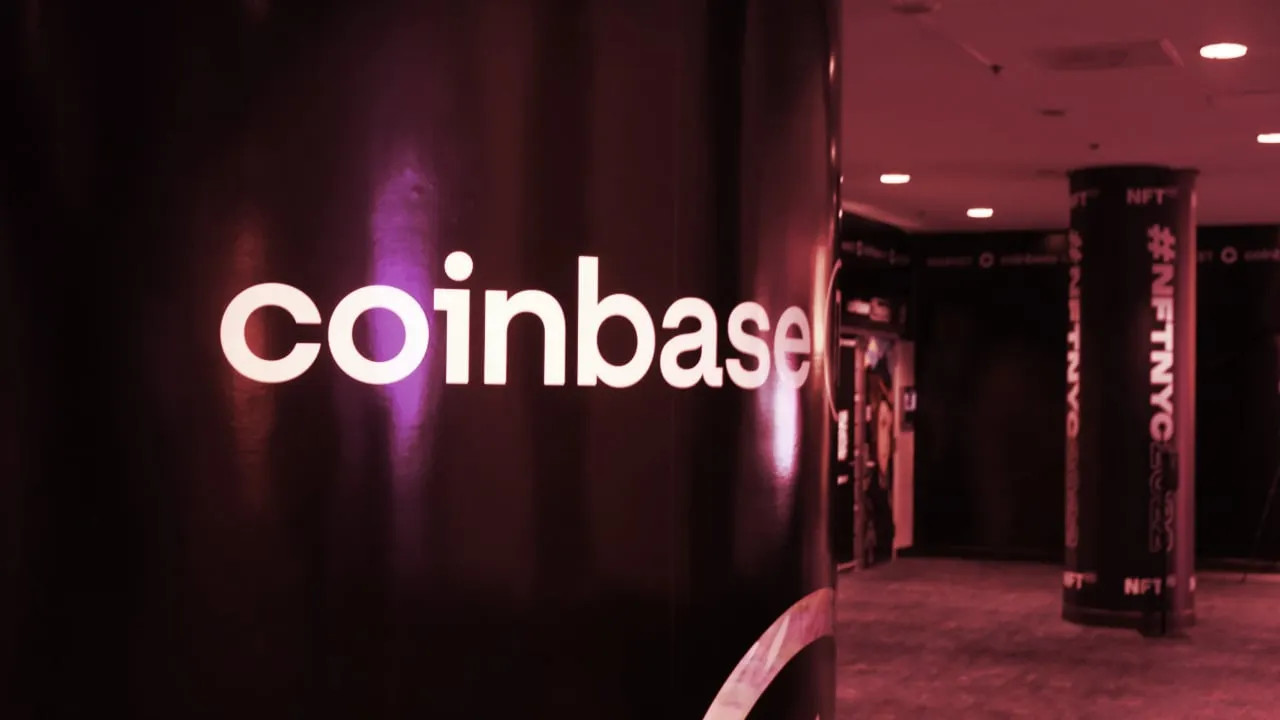Three finance researchers at the University of Technology in Sydney, Australia, claim that insider trading is “systemic” in the cryptocurrency industry and estimate that such activity has taken place on up to 25% of Coinbase listings in the last four years.
In a not-yet-peer-reviewed paper titled “Insider Trading in Cryptocurrency Markets,” Professor Ester Felez Vinas, Professor Talis Putnins, and PhD candidate Luke Johnson estimate that insider trading occurred on 10-25% of cryptocurrency listings on the San Francisco-based exchange between September 2018 and May 2022. The researchers claim this resulted in at least $1.5 million in ill-gotten profits. "Our findings identify cases that are yet to be prosecuted," they wrote.
They further argue that the growing perception of insider trading in crypto may scare aware potential investors and could “impede adoption of cryptographically secured ways of representing securities and other financial instruments”—a perception that is largely supported by their findings.
In terms of methodology, the researchers examined 146 Coinbase listings and tracked their prices 300 to 100 hours before each new listing went live on the exchange to look for abnormal trading patterns of said assets on decentralized exchanges (DEXs), which do not require identity verification.
“From visual inspection, we note that there is an evident run-up pattern prior to the listing announcement starting at -250 hours,” the researchers state.
“The run-up continues until the listing announcement event, where we see a jump in price because of new information entering the market and traders reacting to the news. The run-up pattern we observe is consistent with the run-ups in prosecuted cases of insider trading in stock markets,” they wrote.
But opponents could argue that the paper paints with a wide brush, applying findings at Coinbase to the entire crypto industry as a whole.
A source familiar with trading practices at crypto exchanges told Decrypt that the study “jumps to conclusions” without providing clear evidence that insider trading occurred or identifying specific wallet addresses that allegedly front-ran token listings.
A Coinbase representative told Decrypt via email that it “takes allegations of front-running incredibly seriously.”
“We work hard to ensure all market participants have access to the same information. As part of this effort, we take steps to minimize the possibility of technical signals during asset testing and integration steps. We have zero tolerance for illicit behavior and monitor for it, conducting investigations where appropriate,” the Coinbase spokesperson said.
This isn’t the first time Coinbase listings have faced insider-trading allegations. The U.S. Justice Department recently charged former Coinbase product manager Ishan Wahi with crimes associated with alleged insider trading while working at the company. Authorities claim that Wahi shared Coinbase asset listing announcements in advance with two others in a scheme that earned them over $1.1 million in profits.
Regarding Wahi’s allegations, Coinbase said in a blog post that it has “zero tolerance for this kind of misconduct and will not hesitate to take action against any employee when we find wrongdoing.”
Across the crypto industry, other insider trading allegations have recently come to light. OpenSea’s former head of product Nathaniel Chastain has also been accused of insider trading after allegedly front-running featured NFT listings. OpenSea CEO Devin Finzer called the allegations a “misframing” in September of last year and said the term “insider trading” didn’t apply to what took place.
But the Justice Department seems to think otherwise. In June, it charged Chastain with wire fraud and money laundering in connection with alleged insider trading. Chastain had advance knowledge of which NFT collections would appear on OpenSea’s homepage and allegedly purchased assets from those collections beforehand for personal financial gain.
August has already been a big month for regulatory moves in crypto. U.S. lawmakers clamped down last week on the controversial crypto mixing service Tornado Cash, which is now illegal to use in the U.S.
And as researchers and lawmakers continue to investigate the crypto industry, it’s possible that this crackdown is just the beginning.

